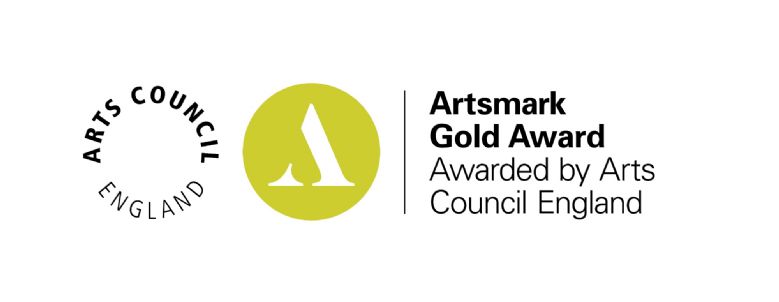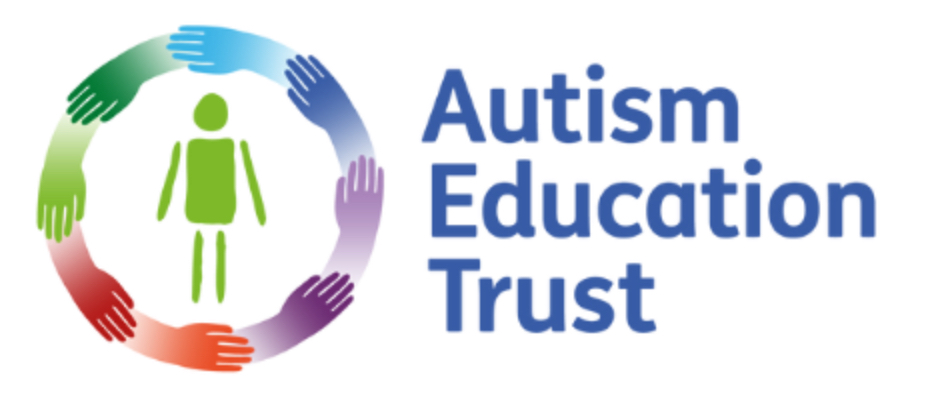Identifying and Assessing SEN
Class Teachers are best placed within a school environment to recognise a child who has Special Educational Needs. All pupils’ progress and learning outcomes
are monitored by the Class Teacher and identification of difficulties are immediately provided for. For a pupil who is struggling with their work and making slow progress,their work will be differentiated, and additional support provided via targeted support in a more focussedsetting. If a pupil is still struggling and not making progress, a discussion will be had with the SENCO and parent regarding the nature of need and creating a next step plan.
It is important to remember that many pupils will require additional support at some point in their education and this does not necessarily mean that they
have SEN. All targeted support put in place by the school is monitored and helps to build a full picture of a child’s learning journey. This evidence will support the identification of SEN should this be necessary.
A discussion regarding a pupils progress will be held with the Class Teacher, parent and SENCO and outcomes agreed, this could follow the steps detailed below:
1. Implement new strategies - To be used in class under Quality First Teaching – are there any furtherresources or support that could be trialled and monitored to assess impact?
2. In-school assessment – Warden House is able to administer a variety of specific assessments that support identification of need, depending on the identified area of slow progress. These are done on an individual basis. From these assessments, planned support will be put in place for the child and agreed targets will be set. Progress will then be monitored by the Class Teacher, and a referral for additional support made if progress is not evident.
3. Referral to an outside agency – In consultation with parents it might be agreed that the nature of the difficulty that the pupil is experiencing warrants an immediate referral to ensure that specialist support or assessments are accessed. In other cases the outcomes of the in-school assessments might necessitate immediate referral.
Examples of possible referrals:
Speech and Language
School Nurse/ General Practitioner (GP) – initiates Occupational Therapy
referral LIFT – further access to Specialist Teaching Service support, and
Out Reach from:
Specialist schools
Paediatrician
Educational Psychologist
Early Help
CHYMPS (Children and Young Peoples Mental Health Service)







